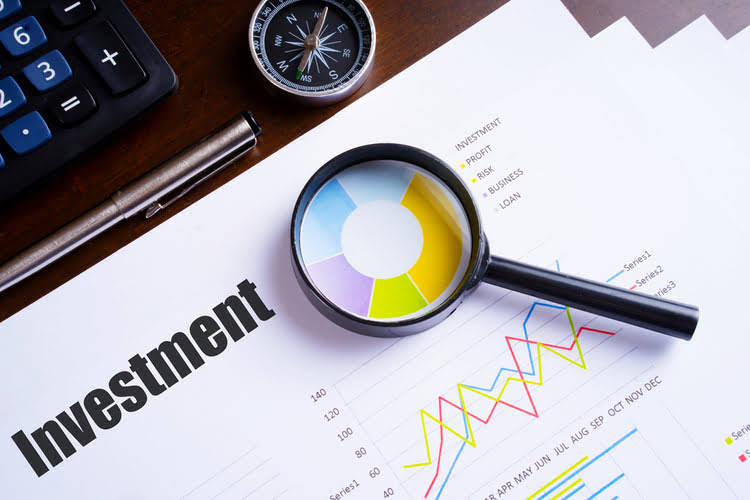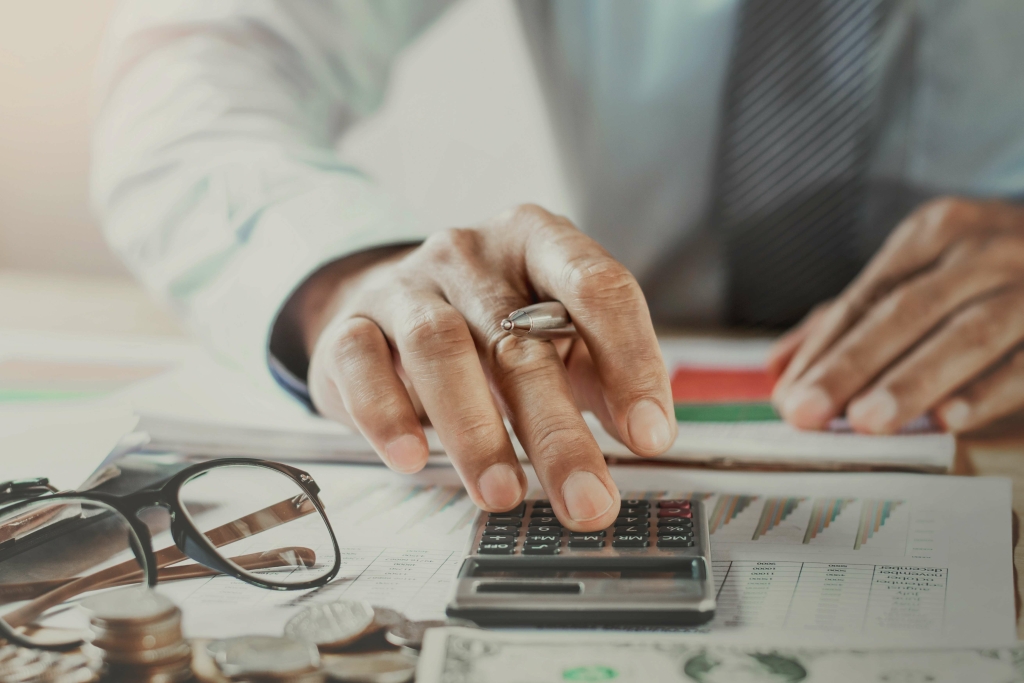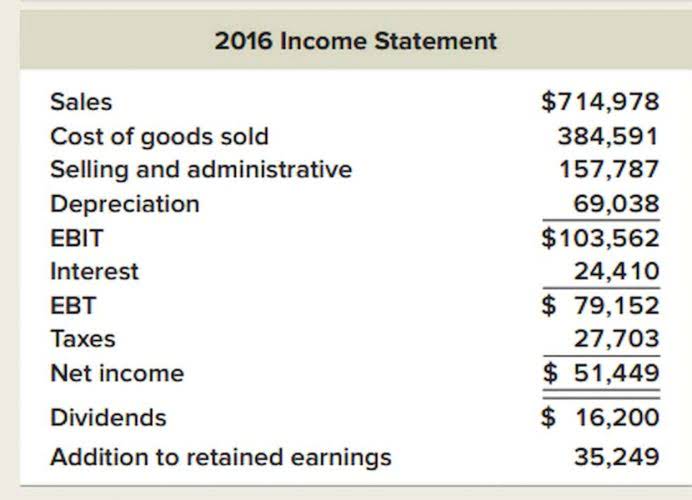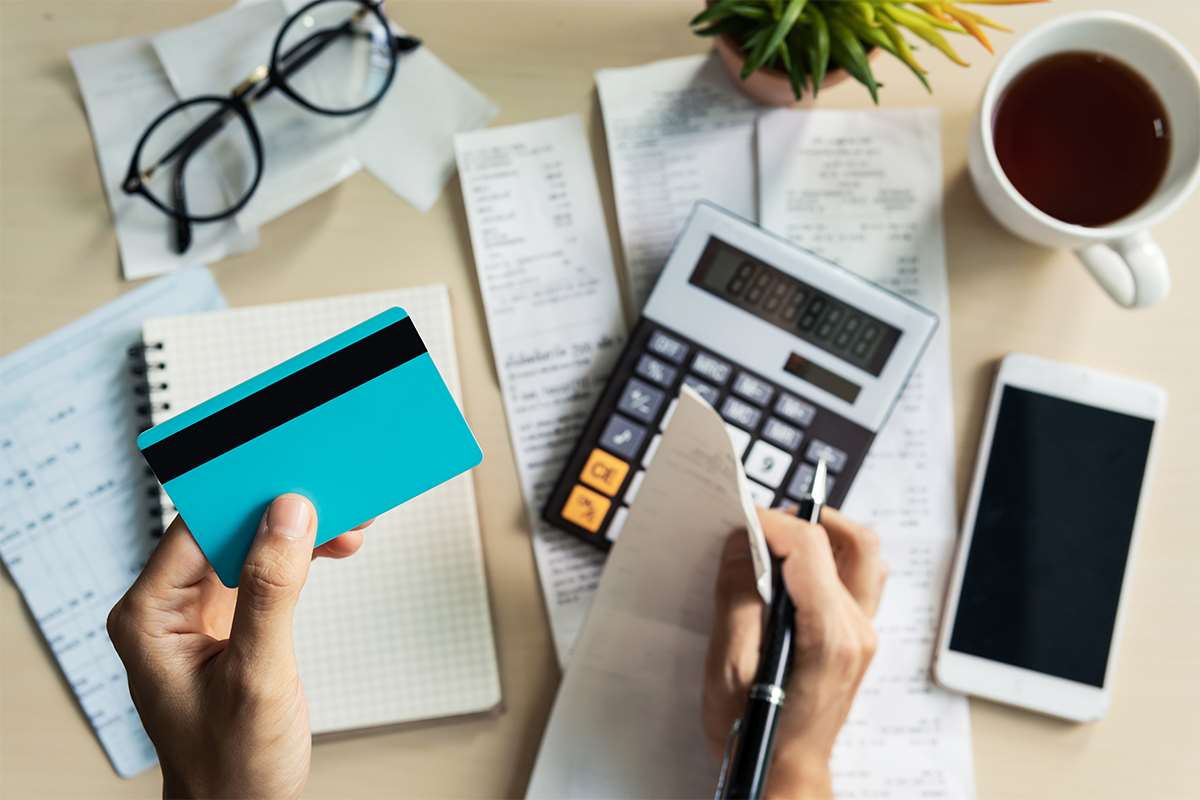Account Balance Definition, Types, Strategies, and Issues

This should include deposits, checks, debit card purchases, ATM withdrawals, bank fees, and any other financial transactions. Doing this ensures your records match your bank’s records, making it easier to detect any errors or discrepancies. An account balance is the amount of money available in a financial account, such as checking, savings, credit card, or investment accounts.
How much are you saving for retirement each month?

But the time frame for reporting other bank errors may vary — rules may differ from bank to bank. Consumer advocates advise making contact as soon as possible upon spotting a mistake. You are now leaving the SoFi website and entering a third-party website.
How to decide when to shop local and when to shop online
The minimum balance penalty will be higher if charges levied by private sector banks are taken into account. All the private banks are charging hefty amounts from account holders if they fail to keep the minimum balance balancing account in their accounts. Learn how to balance what to keep in your checking account, including factors to weigh against your personal circumstances and the risks of oversaving, to keep your money working as hard as you do.

Use digital tools for assistance

In other words, Sara starts with cash of $8,000, which would be in debt entry, and $10,000 would be on the credit side. We need just a bit more info from you to direct your question to the right person. A financial professional will offer guidance based on the information provided and offer a no-obligation call to better understand your situation. Our mission is to empower readers with the most factual and reliable financial information possible to help them make informed decisions for their individual needs. Finance Strategists has an advertising relationship with some of the companies included on this website. We may earn a commission when you click on a link or make a purchase through the links on our site.
Starting with the first transaction you enter, subtract the amount from your available balance—in the case of a deposit, add it to the balance. It’s true that fintech can make managing your money easier but there are still very good reasons to make balancing your checkbook part of your financial routine. Balancing your checkbook is one of the most basic habits for good money management, yet millions of Americans don’t do it on a regular basis. A bank statement can provide the official documentation needed to dispute the charge with the vendor or financial institution. Even if you are a fastidious record keeper, logging every cash withdrawal, bill payment, and deposit into a paper ledger, spreadsheet, or app, we all make mistakes from time to time. First and foremost, SoFi Learn strives to be a beneficial resource to you as you navigate your financial journey.We develop content that covers a variety of financial topics.

Check your receipts and the online banking portal to ensure you haven’t missed any transactions. If you find any transactions posted to your account that you did not authorize, contact your bank immediately. If you’re wondering how often you should balance your checking account, a general rule of thumb is once per statement period (usually around once a month).
What financial advice would you give your younger self?
You should be able to find this amount by checking using your online or mobile banking app. Log this amount at the top of your checkbook register in the space indicated. Practicing responsible spending habits, such as avoiding impulse purchases and living within your means, can help maintain healthy account balances and reduce financial stress.
- Before computers became commonplace, reconciling a checkbook required manual tracking and calculation, but today, banking apps and budgeting software can do all the work — and much more quickly.
- By understanding these terms, you’ll be better equipped to manage and reconcile your checking account.
- Our writing and editorial staff are a team of experts holding advanced financial designations and have written for most major financial media publications.
- Yes, even if you don’t write checks, balancing your checkbook is still essential.
- Instead, it’s best to keep your emergency fund in a high-yield savings account (HYSA), where you can earn yields of 4.00% to 5.00% APY or higher on your deposit — more than 10 times the national savings average.